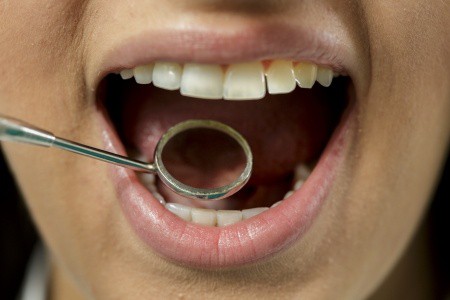High apartment costs are forcing some renters to skip medical services
Instead of building dog parks and rooftop terraces, apartment developers might think about putting in a free dental hygiene clinic.
Skyrocketing apartment rents in many U.S. cities are causing apartment renters to cut back on regular medical services including trips to the dentist, prescription drugs and doctors visits, according to a study by Zillow Inc.

He said that in most U.S. markets apartment rents are rising faster than home prices.
“The problem is not going to go away anytime soon,” Humphries told members of the National Association of Real Estate Editors meeting Friday in Miami. “Incomes have not kept up.”
He said renters are also doubling up and sharing their apartments so they can afford a roof over their heads.
Economists like to see renters spending about 25 percent of their income on an apartment. “Today, the median is 30 percent,” Humphries said.
Most big-city markets have a shortage of affordable apartments.
“We have burgeoning rental demand,” Humphries said. “It has overwhelmed supply.”
A decline in homeownership rates to a 20-year low have added to the problem, he said.
“For almost a decade now overwhelmingly all the households we have been forming have been rental households, not owner households,” Humphries said.
Dallas-Fort Worth has one of the lowest big-city homeownership rates in the country.
At the end 2014, D-FW’s homeownership rate stood at just over 56 percent.
Most of the new apartments opening their doors in North Texas have rents higher than $1,000 a month.
Average apartment rents in the D-FW area are up 25.1 percent since 2010 and 34.9 percent since 2005,” according to MPF Research.
That’s still less than North Texas home price gains and has been inflated due to the large number of new apartments opening.
“Since 2010, median home prices in D-FW are up 33.7 percent and they’re up 34.1 percent since 2005,” said MPF’s Jay Parsons. “Apartment rent growth generally tracked below inflation for much of the 2000s decade – not just here, but nationally – but has exceeded inflation in more recent years.”
Source: Dallas Morning News















 Accessibility
Accessibility